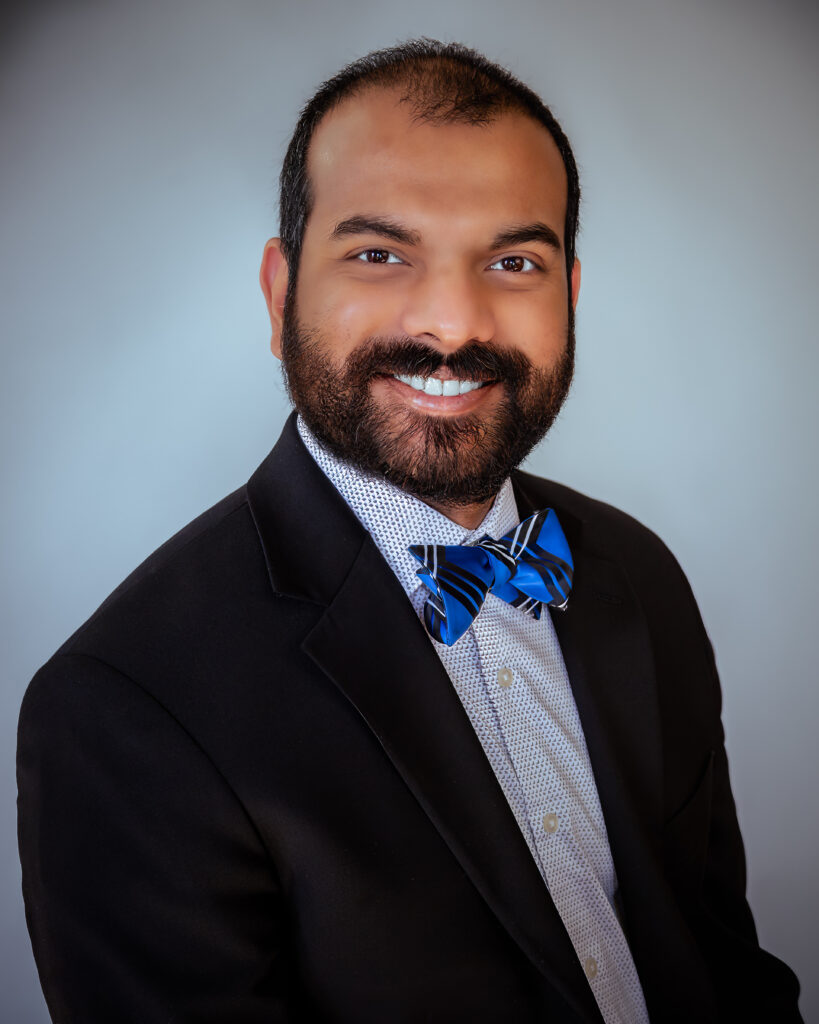2024 National Hospitalist Day Contest Winner
I have a small stack of cards. They sit tucked away in a little envelope in a drawer of the desk in my home office. There aren’t many, and I do not look at them often, but it is an important stack.
It is my stack of thank-you cards from patients.
There is the simple “Thank you for taking care of me.” There is the paragraph where the patient described their rehab after leaving the hospital. There is the coffee shop gift card that I was too afraid to use because it was a gift from a patient, but I do not mind keeping it because the patient and I both liked coffee. These cards are remnants of previous connections, reminding me that the patients are so much more than their diagnoses–that they are a whole human, and they bonded with me as a whole human – the human in this hospitalist.
There is also an audio CD. The patient, who could not speak for himself, required frequent hospitalizations and had seen several of my colleagues in the past. A relationship had to be created not only with him, but his parents as well. It turned out that I had an easier time meeting that challenge because they had done some research. “We looked you up on the website and saw you’re in a band! We are, too!” On our first meeting, what helped break the ice was their connection not to my medical care, but to the human in me outside the hospital. The discussion of music, brief though it was, made them feel more comfortable telling me about their adult child and what his baseline was. Sometimes his cognitive impairment and chronic illness would obscure his humanity, which made it important to remember who both of us are outside the hospital. The music on the CD is enjoyable, too.
In medicine, it is so easy to forget who we are outside the job. Many of us were told medicine should be a calling and during the incredibly grueling training, we are expected to devote our entire being to earning that degree and certification. I enjoyed parts of my residency training, certainly, but I also lost parts of myself, as so many of my colleagues did (some of whom downplay that loss and trauma in order to judge today’s trainees, but that is for a different essay). I was a voracious reader growing up, but I can count on one hand the number of non-textbooks I even touched during my training. As an attending, inspired by friends on MedTwitter and grateful for audiobooks, I have re-discovered that love for reading. I then get to turn that around to humanize my patients as well, as evidenced by a recent tangential conversation with a patient over our mutual fascination with an octopus in Shelby Van Pelt’s novel “Remarkably Bright Creatures”. Sure, we talked about the fluid I was medicating out of her lungs, but where she lit up was the fluid in that octopus’s tank.
That loss of self in training is not unique to me in any way. In attendinghood, we hope to gain some of ourselves back, but sometimes circumstances make that difficult. For the past few years, my faith in humanity has been heavily stripped as I watched fellow physicians embrace anti-science grift and the fame it can bring and watched many patients suffer because people would not make small adjustments for their fellow humans. There were days when I could feel myself just working to get through my shift and feeling impatient in my encounters. It took me some time to actually realize how bad I was feeling, but when I did…I looked at the stack of cards, including the last one.
The last card was written by a patient’s spouse. I had met her on a weekend. The patient was sick, and not likely to get better, but he was as stable as possible and I had been tiredly hoping to get out of the hospital early when the spouse and other family we had been waiting for arrived and wanted to have the big conversation about next steps. I reluctantly went to the room, knowing I would be staying later than planned. Yet soon I was seated, surrounded by and eagerly listening to his loved ones. They told me about his goals, the biggest of which was that he wanted to be at home with his family at the end. I begged our case management team, who gamely worked to set up services and transportation in record time despite the lateness of the day.
The card I received a week or so later tells me that he passed shortly after leaving the hospital, but he did so at home, exactly where he wanted to be. His family was grateful for what I did, despite the timing (though I acknowledge the case management team did the heavy lifting). They had communicated with the human in me, which reminded me to direct my care to the human in him.
That is how we hospitalist. It is the human within us that makes us better physicians who can empower and embrace the humanity of our patients. This year and going forward, that is what we celebrate.
 Dr. is a hospitalist at Buffalo Medical Group and a clinical instructor for the Buffalo Catholic Health System internal medicine residency and the D’Youville Physician Assistant Program, in Buffalo, N.Y. He also writes the blog Managing Health Expectations, serves as a Digital Media Fellow for the Journal of Hospital Medicine, and uses social media for education and advocacy.
Dr. is a hospitalist at Buffalo Medical Group and a clinical instructor for the Buffalo Catholic Health System internal medicine residency and the D’Youville Physician Assistant Program, in Buffalo, N.Y. He also writes the blog Managing Health Expectations, serves as a Digital Media Fellow for the Journal of Hospital Medicine, and uses social media for education and advocacy.